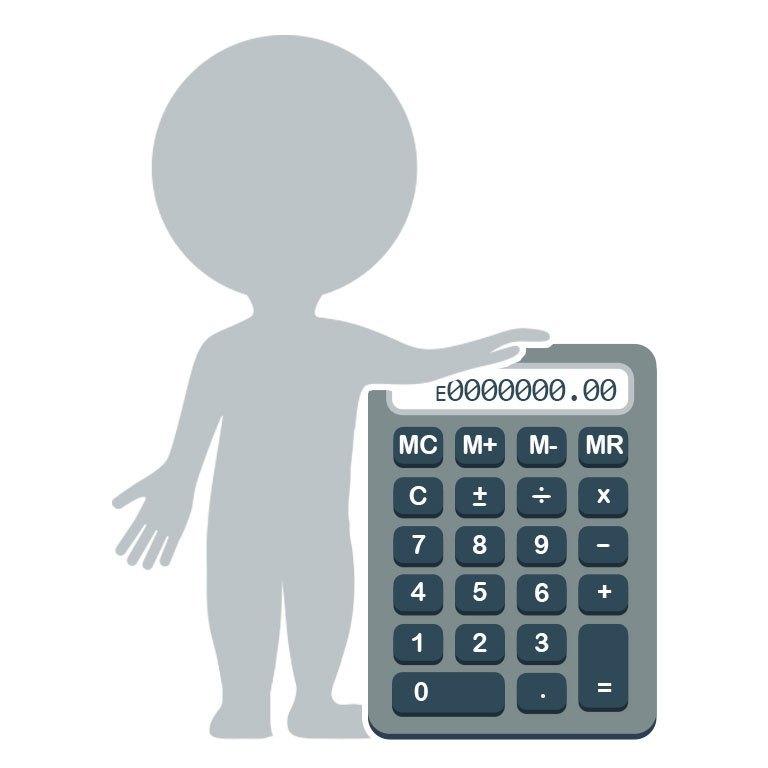The 6/16/2014 edition of Chronicle of Philanthropy published an article by Susanne Perry (h/t @RCiprotti) that reports a lawsuit designed to require the Internal Revenue Service (IRS) to make nonprofit tax returns (Form 990) available via open data standards; meaning, the IRs would have to provide the data in a database friendly, searchable standard rather than the current system of converting to PDF.
 Regular readers already know that open data standards are a topic near and dear here at Adaptistration; so much so, that we launched a program designed to implement what the lawsuit is attempting to accomplish: convert orchestra 990s into a search database format and make the data free and open to all.
Regular readers already know that open data standards are a topic near and dear here at Adaptistration; so much so, that we launched a program designed to implement what the lawsuit is attempting to accomplish: convert orchestra 990s into a search database format and make the data free and open to all.
We’ll definitely keep an eye on what happens via the lawsuit, which the IRS has asked San Francisco Federal judge William H. Orrick to dismiss because it would be too difficult to remove confidential donor information via open data standards.
Given the enormous amount of time the IRS already spends on removing that information then converting it to the nearly useless PDF format, this rationale is nothing short of complete nonsense. At the very worst, the process would require the same amount of time and resources.
However, the IRS’s motion to dismiss includes an additional position that relies on the highly effective tactic of nebulous legislative language. Fans of public administration (otherwise known as bureaucracy) know that the most effective way to kill the intent of a law is to get the final wording as vague as possible. In this instance, the IRS motion to dismiss also states that the current laws requiring 990s to be made available in an electronic format do not stipulate any specific type of format.
And speaking of the art of public administration, even if the lawsuit is successful and survives the almost certain appeal process, there’s still a mountain of red tape regarding time lines for implementation, related budget triggers, and accessibility standards not to mention whether or not any of this would apply retroactively.
In short, don’t hold your breath to see what happens but at the same time this is the best option yet to finally move toward a real open data solution for nonprofit transparency.
In addition to the article, philanthropy.com published a wonderful 2:15 companion video that breaks down the entire situation and why this lawsuit is important (my apologies to iOS users but philanthropy.com’s video is in Flash so it won’t work on your device).



I think this falls squarely under President Obama’s open government initiatives. He signed an executive order last year about making the government’s public data freely available and (here’s the beauty part) *machine readable*.
The executive order describes its principles thusly:
> Openness in government strengthens our democracy, promotes the delivery of efficient and effective services to the public, and contributes to economic growth. As one vital benefit of open government, making information resources easy to find, accessible, and usable can fuel entrepreneurship, innovation, and scientific discovery that improves Americans’ lives and contributes significantly to job creation.
http://www.whitehouse.gov/the-press-office/2013/05/09/executive-order-making-open-and-machine-readable-new-default-government-
I like your optimism. At the same time, this is an excellent example of what public administration is all about. On one hand we have what seems like a clear mandate but the road from there to tangible output is a dark and stormy path of implementation.
Right now, it is clear the IRS doesn’t want to comply so without direct intervention, whether it takes the form of legal action or direct intervention from the executive or legislative branches, you can’t expect much to change.
But I still like your optimism and I do believe that although this legal challenge isn’t likely to succeed, it is a necessary precursor to bringing about meaningful change. To that end, I applaud Public.Resource.Org’s decision to sue the IRS and I hope the Honorable William H. Orrick will help speed things along by shutting down the IRS’s motion and rule in favor of the plaintiff as soon as possible.
Hopefully the conversation about accessible 990s continues…
I just realized that I no longer have access to 990s on Guidestar. I was able to access the previous three years of filings for a given org without paying the $250/month subscription the last time I checked.
Are they now charging for the last three year’s of 990 data?
Dan, have you stopped by here to look for 990’s: http://projects.propublica.org/nonprofits/